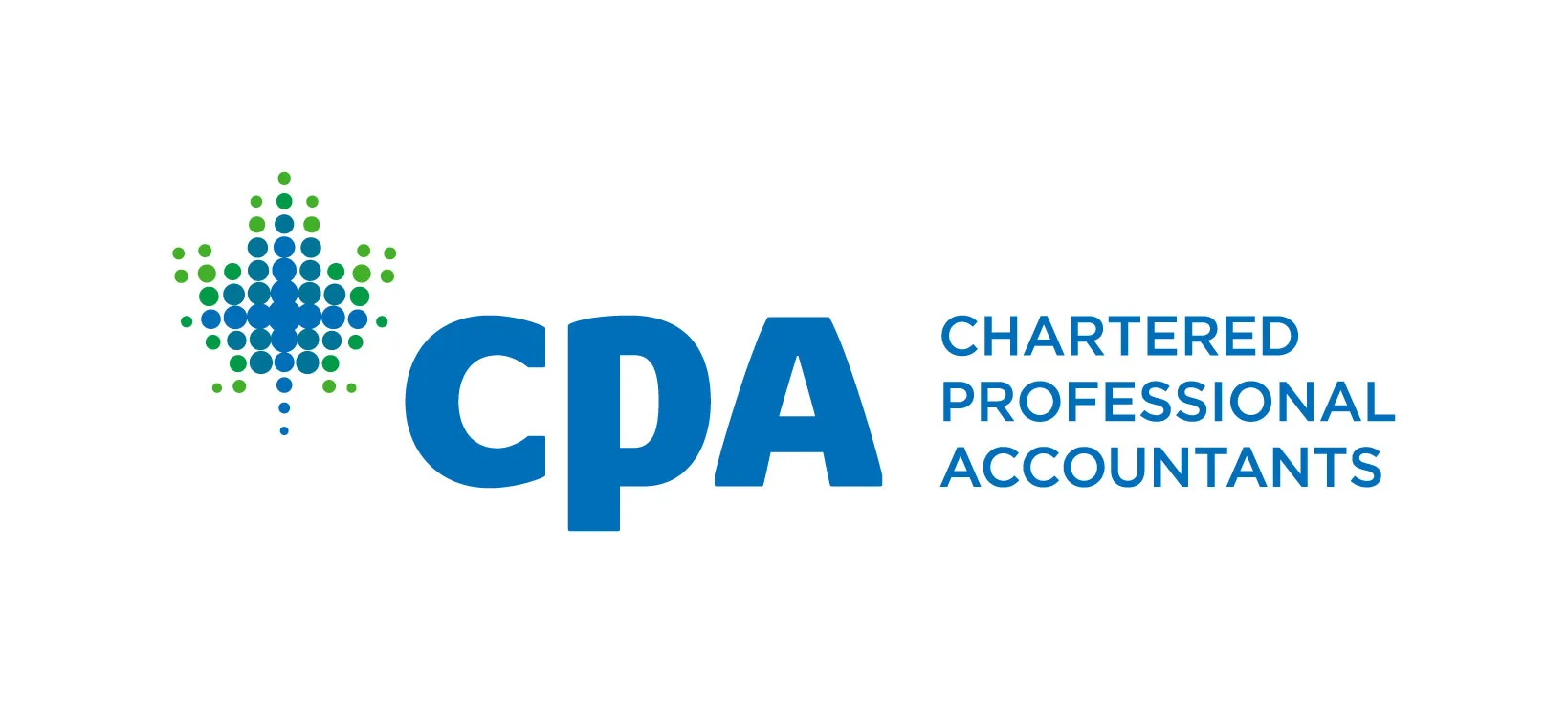Personal Tax Credits
When filing a personal tax return in Canada, individuals may be eligible for various deductions that can help reduce their taxable income and, in turn, lower their overall tax liability. It's important to note that eligibility for deductions can depend on your specific circumstances and the tax laws in effect for the tax year in question. Here is a list of common deductions that may be identifiable in a personal tax return:
Basic Personal Amount: Every Canadian taxpayer is eligible for a non-refundable tax credit known as the basic personal amount, which reduces the amount of income subject to federal tax. The amount varies by year.
Spousal or Common-Law Partner Amount: You may be able to claim a tax credit for supporting your spouse or common-law partner, depending on their income and other factors.
Dependant Amount: If you financially support a dependant, such as a child or disabled family member, you may be eligible for a tax credit.
Child Care Expenses: Deductions can be claimed for eligible child care expenses paid to allow you or your spouse or common-law partner to work or attend school.
Moving Expenses: If you moved to a new location in Canada for work or to run a business, you may be able to deduct eligible moving expenses.
Interest on Student Loans: Interest paid on qualifying student loans may be deductible.
Carrying Charges and Interest Expenses: Certain investment-related expenses, such as fees paid for professional investment advice, may be deductible.
Home Office Expenses: If you are self-employed or work from home, you may be able to claim deductions for home office expenses, including a portion of your rent, utilities, and maintenance costs.
Union Dues: If you are a member of a recognized trade union, you can claim a deduction for the dues you paid.
Professional or Membership Dues: Deductions may be available for membership dues paid to certain professional organizations or associations.
Safety Deposit Box Fees: If you use a safety deposit box for the safekeeping of investment documents, you can claim the fees as a deduction.
Donations and Gifts: Charitable donations made to registered Canadian charities or qualified donees may be eligible for tax credits.
Medical Expenses: While you can claim a tax credit for eligible medical expenses, it's important to note that only expenses that exceed a certain threshold (a percentage of your income) are deductible.
Employment Expenses: If you are an employee and your employer requires you to incur expenses that are not reimbursed, you may be eligible to claim a deduction for these employment expenses.
Northern Residents Deductions: Individuals living in eligible northern or remote areas may be able to claim deductions for certain expenses related to the cost of living in these regions.
Interest on Borrowed Money: Interest paid on loans used for investment purposes may be deductible.
Rental Property Expenses: If you own rental properties, you can claim deductions for eligible expenses related to the management and maintenance of those properties.
Capital Gains Deduction: If you disposed of qualified small business corporation shares or qualified farm or fishing property, you may be eligible for a capital gains deduction.
Tuition and Education Credits: If you're a student or have eligible education expenses for yourself or a family member, you may be able to claim tax credits, such as the tuition tax credit or the education and textbook tax credits (note that these were phased out federally but may still be available provincially).
First-Time Home Buyer's Tax Credit: If you purchased a qualifying home in Canada, you may be eligible for a tax credit to help offset some of the costs associated with the purchase.
Home Accessibility Tax Credit: This credit is available to individuals who have eligible renovation expenses to make their homes more accessible for persons with disabilities.
Pension Income Tax Credit: If you receive eligible pension income, you may be able to claim a tax credit on a portion of that income.
Employment Expenses: If you are an employee and your employer requires you to incur certain employment expenses that are not reimbursed, you may be eligible to claim a tax credit for those expenses.
It's essential to keep accurate records and receipts for any deductions you plan to claim, as the Canada Revenue Agency (CRA) may request documentation to support your claims. Additionally, tax laws and deductions can change from year to year, so it's a good idea to consult with a tax professional or use tax preparation software to ensure you take advantage of all eligible deductions and credits on your personal tax return.
It's important to note that tax laws and credits may change from year to year, and the availability of certain credits can depend on your province or territory of residence. To ensure you claim all the credits and deductions you are eligible for, consider using tax preparation software, consulting with a tax professional, or referring to the Canada Revenue Agency (CRA) website for up-to-date information.
Tax Credits Vs. Tax Deductions
In Canada, tax credits and tax deductions are both mechanisms that can help individuals reduce their taxable income and, consequently, their overall tax liability. However, they work differently in terms of how they lower your tax bill:
Definition: A tax deduction reduces the amount of your income that is subject to taxation. You subtract the deductible amount from your total income before calculating the taxes you owe.
Timing: Tax deductions are applied "above the line," meaning they are subtracted from your gross income to arrive at your taxable income.
Types: Deductions in Canada can include expenses like employment expenses, moving expenses, RRSP contributions, and business-related expenses for self-employed individuals. Some deductions are subject to specific rules and limits.
Benefit: The benefit of a deduction depends on your marginal tax rate. It reduces your taxable income, which means you pay less tax at your applicable tax rate. The higher your income, the more you benefit from deductions.
Definition: Tax credits, on the other hand, are used to directly reduce the amount of tax you owe, rather than your taxable income. They are applied "below the line" after you have calculated your federal and provincial income taxes.
Timing: Tax credits are applied after you've calculated your income taxes based on your taxable income. They directly reduce the amount of taxes you owe, dollar for dollar.
Types: There are various tax credits in Canada, including the basic personal amount, spousal or common-law partner amount, child care expenses, medical expenses, charitable donation credits, and more.
Benefit: The benefit of a tax credit is generally the same for everyone, regardless of their income level. For example, a $1,000 tax credit reduces your tax liability by $1,000, regardless of your income.
Tax deductions reduce your taxable income before calculating your taxes, whereas tax credits directly reduce the amount of tax you owe. Both deductions and credits can be valuable in lowering your overall tax bill, but they are applied at different stages of the tax calculation process and have distinct eligibility criteria and benefits. Understanding how deductions and credits work can help individuals optimize their tax planning and minimize their tax liabilities.

Frequently Asked Questions
While you can file your taxes independently, a professional can help maximize deductions, credits, and ensure accuracy
Gathering all relevant financial documents and keeping detailed records throughout the year will streamline the process
Tax planning can help you minimize your tax liability and make informed financial decisions throughout the year.
You can choose to file online or visit our office for personalized assistance
Deductions vary, but commonly overlooked deductions include job-related expenses, charitable contributions, and medical expenses
Major life changes can impact your tax situation. We can help you navigate these changes to optimize your tax position
Tax deductions reduce your taxable income, while tax credits directly reduce your tax liability. We'll help you understand and apply both effectively
Maintain records of income, receipts, expenses, and supporting documents. The CRA requires that you retain your records for a minimum of 6 years, by law. You can ask to amend your tax return for up to the previous 10 years, so it’s a good idea to maintain your records for that long.
It can take 2 to 3 weeks to receive a refund when you transmit your return via NETFILE. For mailed returns, refunds are mailed out in 4 to 6 weeks following receipt of the return by the CRA.
Contact us immediately. We can guide you through the audit process and help you respond to the CRA effectively

